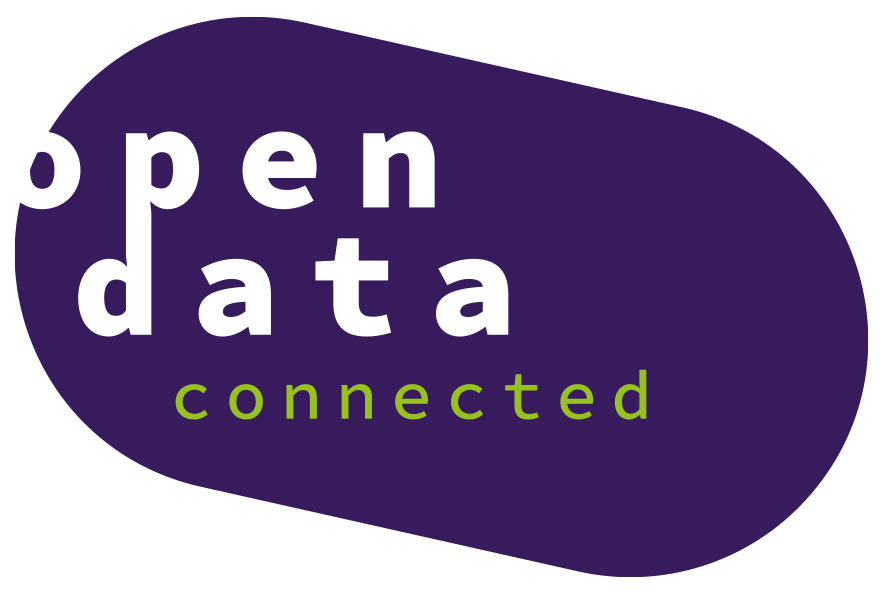In this Topic, we will look at governmental organizations and political parties with strong open-data policies and ambitions.
Several obstacles impede an ambitious policy towards publication of open data.
- Investments in infrastructure, software, and staff resources are needed.
- Organizations are lacking the necessary competencies both on an information and technology level.
- There is a belief that there is a lack of publicly available open-data extract/publishing tools, as many organizations rely on in-house home-grown tools.
- Without Service Level guarantees, organizations that want to reuse open-data may face risks related to timeliness, accuracy, and continuous availability of the datasets.
- Licenses are missing, incomplete, or incompatible.
- The lack of normalization and standardization in ontologies and vocabularies presents a challenge in correlating datasets from different sources.
Organizations are unlikely to publish high quality open data if they don’t have a concrete motivation beyond “helping grow the economy” or regulatory obligations. Data releases need to be predictable, reliable and consistent over time to be useful for businesses. Data can become outdated very rapidly, and single releases are rarely interesting. Therefore, open data publishers need to have business models that enable their data-publishing activities to be self-sustaining and ideally profitable. Other aspects, beyond simply economical ones, may also contribute to profitability, including good publicity/reputation and increased interaction with the public.
There are several strategic priority aspects for open data.
- Public bodies should be more involved in the process of defining and creating Open Data.
- Public bodies should be involved more to improve the quality, quantity, and range of open datasets available.
- We encourage continued engagement with stakeholders and the use of open data.
- Support and encourage various groups of open data users.
- A governance framework is in place to help public bodies with their Open Data activities.
- Continuous evaluation of the benefits and impacts of the open data publications.
- Ensuring that effective governance structures are in place to ensure the implementation and improvement of the open data strategy.
When evaluating which datasets lend themselves for open-data publications, the following favorable conditions are to be considered.
- The nature of the data imposes no restrictions on its use, typically regarding personal data protection or privacy concerns
- Positive network effects are to be expected from publishing datasets that have the potential to be (re)used by many parties in different contexts
- No other economic incentive exists for organizations to offer the dataset, governments typically fill in blanks in services or functional domains not covered by private market parties
- Economy of scale and guarantees of stability and persistence can be offered by governments because of their organizational stability and public visibility.
The two core objectives of this OpenDataConnected initiative are to stimulate organizations in publishing high-value (government) data in open formats, making it publicly available and freely reusable, and to engage with a broad community of stakeholders to promote its social and economic benefits.
